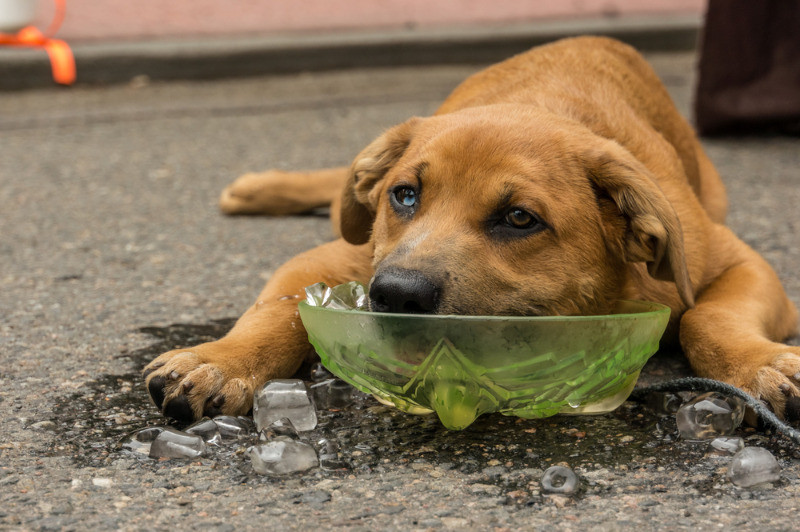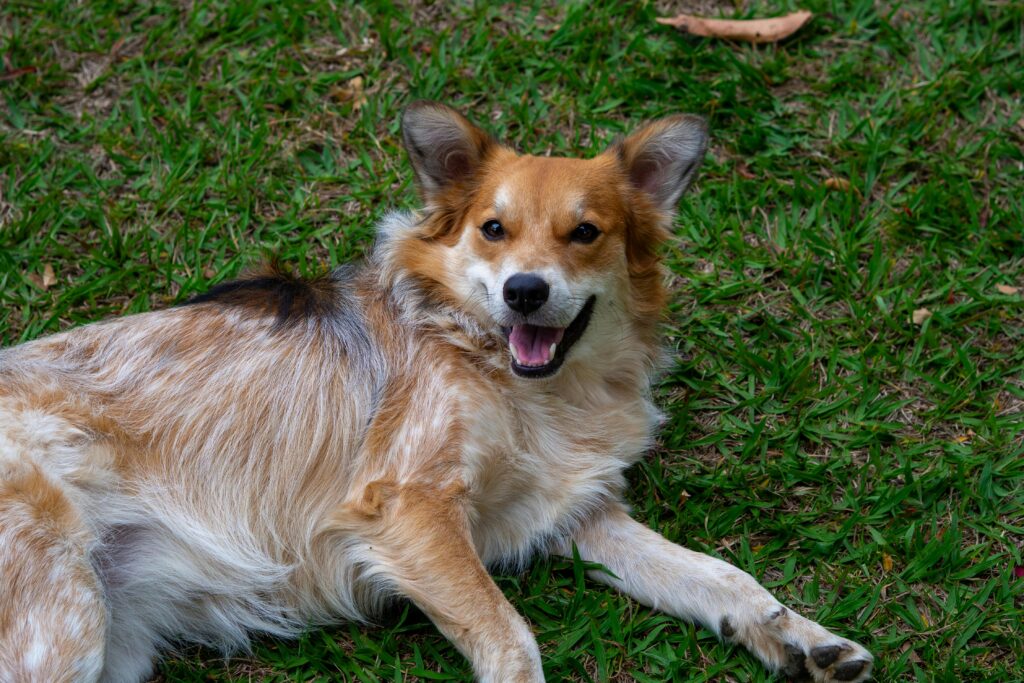- Introduction
- Common Dogs Socialization Mistakes
- 1. Waiting Too Long to Start Socialization
- 2. Introducing Too Many New Experiences Too Quickly
- 3. Lack of Positive Reinforcement
- 4. Limiting Socialization to Only Humans or Dogs
- 5. Forcing Interactions When Your Dog is Uncomfortable
- 6. Not Socializing in Different Environments
- 7. Ignoring Bad Behaviors During Socialization
- 8. Failing to Expose Your Dog to Different Sounds
- 9. Not Supervising Play Sessions Properly
- 10. Assuming All Dogs Are Friendly
- FAQs
Introduction
Socializing your pup is one of the most important things you can do to ensure it grows into a confident and well-adjusted dog. A properly socialized dog is more likely to be friendly, adaptable, and less prone to anxiety or aggression. However, many dog owners unknowingly make mistakes during this process. Whether it’s starting too late, overwhelming their pup, or not exposing them to enough variety, these missteps can impact a dog’s ability to interact positively with their environment. We need to think about dogs socialization. In this article, we’ll explore common socialization mistakes and, more importantly, how to correct them.
Common Dogs Socialization Mistakes
1. Waiting Too Long to Start Socialization
The best time to start socializing a puppy is between 3 and 14 weeks of age, as this is their prime learning period. Delaying socialization beyond this window can make it harder for them to adapt to new situations, leading to fear-based behaviors. However, if you have an older dog who missed early socialization, don’t worry! You can still introduce them to new experiences gradually with patience and positive reinforcement.
2. Introducing Too Many New Experiences Too Quickly
Throwing your dog into a chaotic dog park or a noisy environment too quickly can backfire. Dogs need gradual exposure to new people, places, and sounds. If your pup seems nervous, introduce them to new experiences at a comfortable pace, starting with quiet settings before moving on to busier environments.
3. Lack of Positive Reinforcement
Dogs thrive on positive reinforcement. If your pup reacts well to a new experience, reward them with treats, praise, or play. This helps them form positive associations with new situations, making future encounters smoother and less stressful.

4. Limiting Socialization to Only Humans or Dogs
Many owners only focus on introducing their dogs to other dogs or humans, but socialization is much broader than that. Dogs should experience a variety of environments, sounds, surfaces, and objects to build confidence. Take them on walks in different neighborhoods, introduce them to car rides, or let them experience different textures like grass, pavement, or sand.
5. Forcing Interactions When Your Dog is Uncomfortable
If your dog is showing signs of stress—such as tucked tails, pinned ears, lip licking, or growling—forcing them to engage can lead to anxiety or aggression. Instead, give them space and allow them to approach at their own pace.
6. Not Socializing in Different Environments
Your dog should feel comfortable in multiple settings, including parks, vet offices, busy streets, and pet-friendly stores. The more places they visit, the more adaptable they’ll become.
7. Ignoring Bad Behaviors During Socialization
If your pup barks excessively, lunges, or reacts negatively, don’t ignore it. Instead, redirect their attention with a command or reward-based training to encourage calm behavior. It contributes very well to the socialization of dogs.
8. Failing to Expose Your Dog to Different Sounds
Sounds like sirens, thunder, or household appliances can be scary for unprepared dogs. Sound desensitization—playing recordings of these sounds at a low volume and gradually increasing it—can help them adjust.
9. Not Supervising Play Sessions Properly
Dog play should be fun and safe. Watch for signs of rough play, bullying, or stress, and intervene when necessary to ensure positive interactions.
10. Assuming All Dogs Are Friendly
Not all dogs enjoy social interactions. Always introduce new dogs carefully, watching for body language cues that signal discomfort or aggression.
FAQs
- How long does socialization take? It depends on the dog, but ongoing exposure to new experiences throughout life is best.
- Can an older dog be socialized? Yes! It may take more time, but older dogs can learn to adapt with patience.
- What are the signs of poor socialization? Fearfulness, aggression, excessive barking, and avoidance behaviors.
- How do I socialize a fearful dog? Go slow, use positive reinforcement, and avoid overwhelming situations.
- What if my dog doesn’t like other dogs? Focus on individual training and avoid forcing interactions.
Please don’t forget to leave a review.




